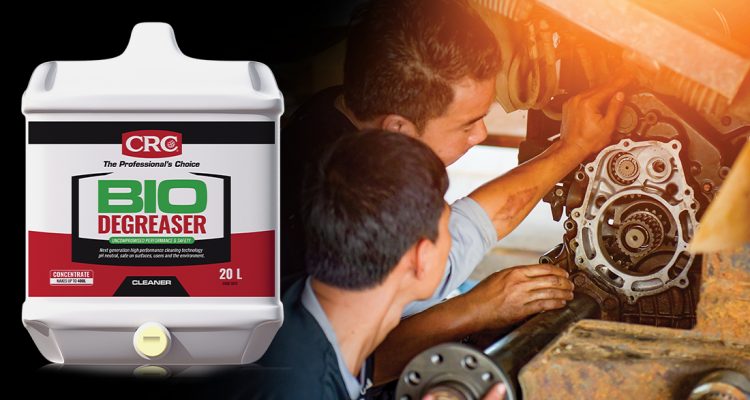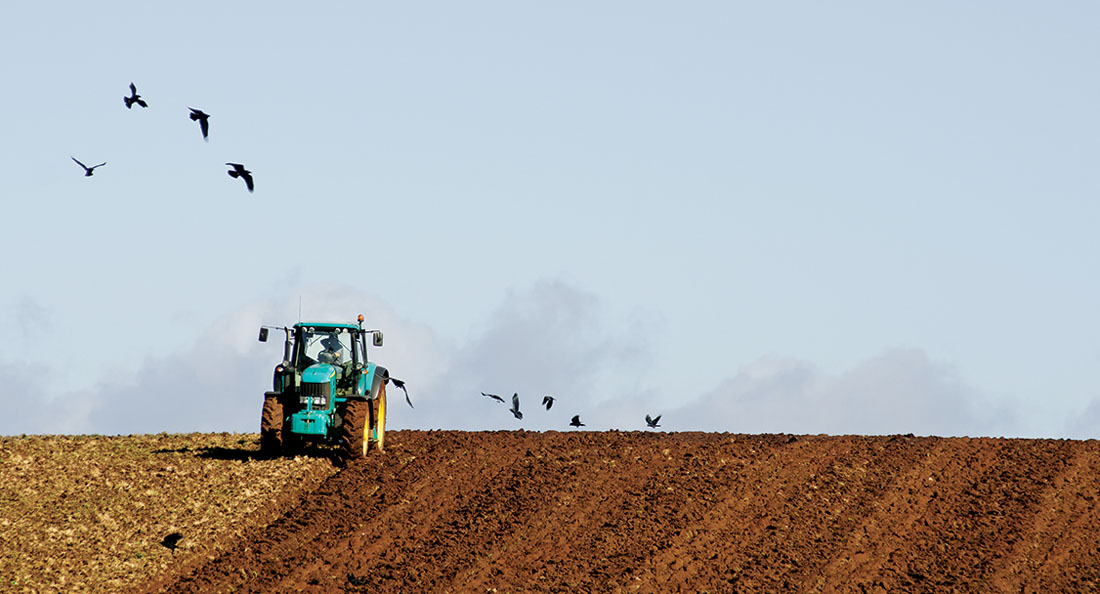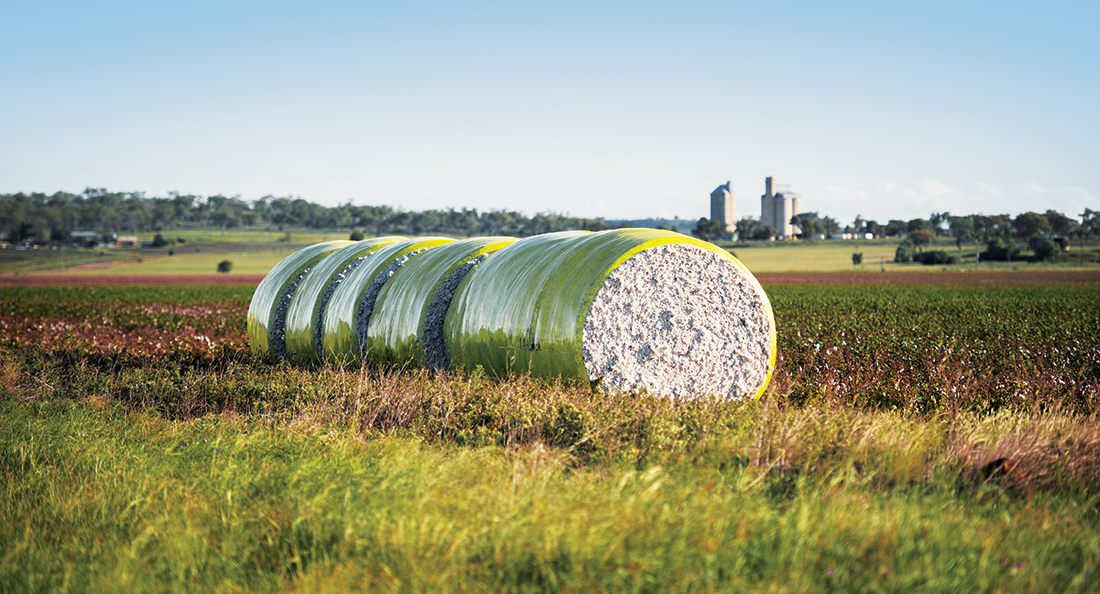During seeding and sowing season, the use of cleaning chemicals and degreasers is common for maintaining equipment and removing soil build up and residue from fertilisers and contaminants that accumulate in the planting fields. The oils, greases, and lubricants used to improve the performance of machined parts and components inevitably require cleaning and degreasing once its service life has expired.
The primary role of degreaser is to safely remove built up dirt and debris accumulated on equipment and components without damaging the surface finish or components of what’s being degreased, explains Steve Keown, National Product Manager for Lubricants and Chemicals at Motion. However, with each power wash and rinse down using harsh degreasing chemicals, the run-off can eventually end up in local waterways and contributes to groundwater contamination and water pollution, he warns.
“For this reason, there has been a noticeable shift toward using more environmentally sound degreasing solutions over the last decade,” says Steve. “This is particularly true for those working within the agricultural segment because the industry’s core operations are intrinsically linked to the earth and the topography of the land, as well as the other elements – air, water, and fire – particularly where it pertains to preventing bushfires and the risks associated with flammable chemicals, oils, and gases.”
According to research conducted by Better Health in Victoria, supported by WorkSafe Victoria, common agricultural chemicals (agrichemicals) such as fuels, solvents, insecticides, herbicides, fungicides, fertilisers, and veterinary chemicals, can lead to serious long-term health effects. Data shows that prolonged exposure to agrichemicals absorbed through the skin or inhaled through mist, vapour, or dust, can result in respiratory illnesses, poisoning, chemical burns, birth defects and damage to the liver and kidneys.1
“Noxious agrichemicals pose a significant threat to the environment by contributing to global air pollution, the quality of ground water and drinking water, and dwindling biodiversity in terrestrial and oceanic ecosystems,” says Steve. “For many farmers, this research does not bode well. This is why most agricultural workers have become more proactive in seeking out environmentally safe solutions that will ensure safer, more sustainable working conditions and demonstrate that they are conscious in practicing responsible land ownership.”
For biologically safe cleaning and degreasing products, Steve defers to CRC Industries, one of Motion’s supply partners, who have demonstrated a keen interest in offering environmentally friendly industrial solutions through the introduction of their Eco Range of products to the agricultural market.
Business Development Manager at CRC, Ian Maguire explains that developing enviro-friendly cleaning products has become central to CRC’s business ethos in recent years, indicative of CRC’s evolution from “a pioneering chemical manufacturer’ to “a world leader in sustainable solutions”.
With the development of their Bio Degreaser formula, Ian says that CRC’s objective was to achieve a pH-neutral, water-based degreaser that would not compromise the cleaning power of traditional degreasing products. “Our Bio Degreaser formula is non-toxic, biodegradable, and safe for use on all materials,” he enthuses. “During the parts cleaning process, Bio Degreaser’s patented ‘quick break’ formula forces the separation of the oil and grease contaminants from the degreaser to allow for the safe disposal of run-off contaminants.”
“By using CRC’S Bio Degreaser range of products, farmers can effectively reduce the environmental impact of their equipment and operations,” concludes Steve. “In addition to this, by practicing more responsible use of chemicals – that are in line with recent government regulations, environmental policies and guidelines – farmers can further improve their social license to protect the health of their families, friends, and colleagues.”
The CRC Bio Degreaser is available through any Motion branch in a 20-litre concentrated container, which can be diluted for use in a part washing basin or a portable 750-millilitre spray bottle for smaller parts such as bearings. Simply – spray, rinse, and go.
References
- https://www.betterhealth.vic.gov.au/health/healthyliving/farm-safety-and-handling-agrichemicals




